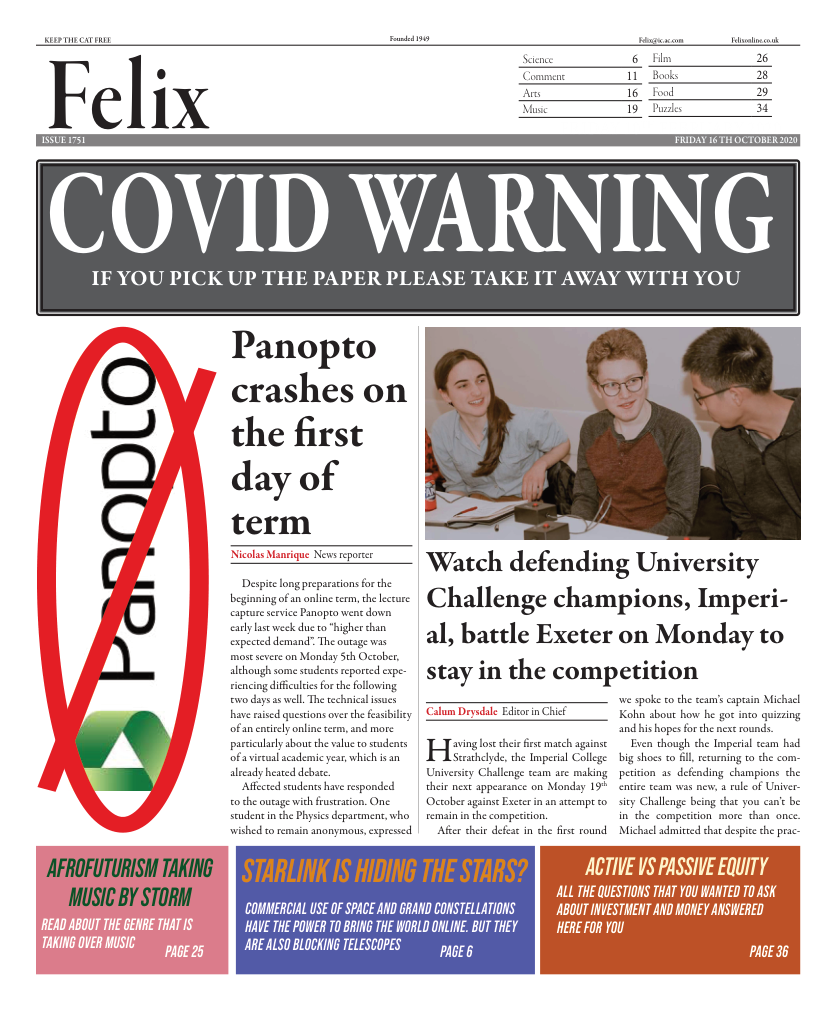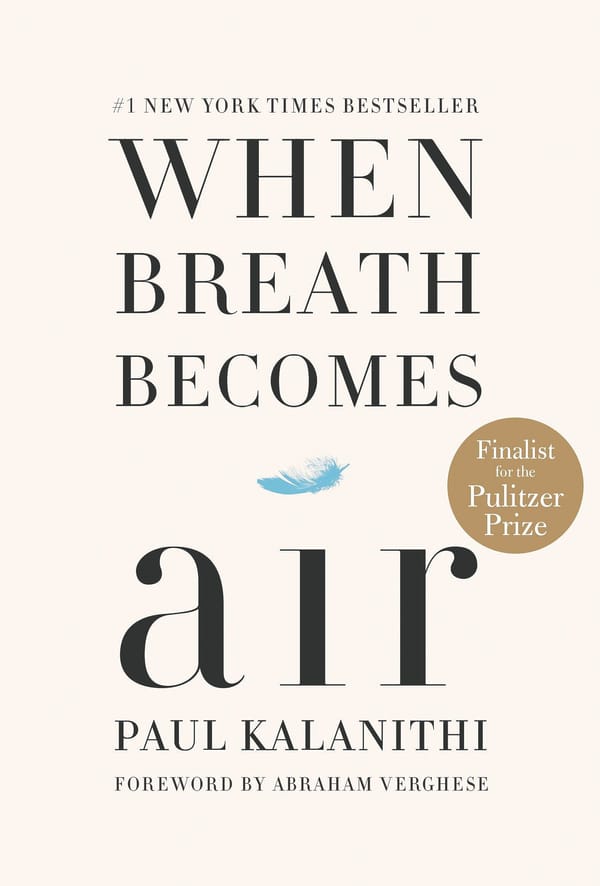A must read for anyone wanting to start a new habit!
The crux of the book is this: ‘Habits are the compound interest of personal development.’ When trying to build a new habit or develop a new skill, one often falls into the trap of thinking big.
We all have good intentions, intentions that don’t manifest into results. We all may want to: build muscle, do more cardio, read more books, or even write regular blog posts. However, when trying to build a new habit or develop a new skill, one often falls into the trap of thinking big. Big goals, big steps, big to do lists, big purchases to facilitate your big new habit. James Clear’s Atomic Habits,’; however, attempts to steer people away from being helplessly ‘consumed by the end goal,’ voicing that ‘…one push-up is better than not exercising …and it’s better to do less than you hoped than to do nothing at all.’ And Clear raises a good point: ‘we rarely think about change this way,’ and it’ll do us all some good if we practiced this approach when developing habits. So, let me indulge you in some ideas I found noteworthy in Clear’s treasure trove of knowledge on building good habits, and breaking the bad.
The crux of the book is this: ‘Habits are the compound interest of personal development.’ Achieving something remarkable or developing a good habit and quitting a bad one requires incremental change. This idea is persistent throughout Clear’s text. What was both fascinating and worrying was the fact that we know this. We know that ‘practice makes perfect’, and anything worth doing requires painful patience. Clear’s writing, however, makes one internalise these cliches profoundly. Clear explores in strenuous detail the significance of ‘Atomic Habits’, using personal examples from his own life and of course, an ample amount of magnificent metaphors that further help one digest the importance of habits.
Three ideas I found unique and worthy of sharing were: the 2-minute rule, identity-based habits and the downside of habits – yes there are downsides!
The two-minute rule
The two-minute rule was a particular favourite of mine; mentioned also in David Allen’s ‘Getting things done,’ Clear shares that, in order to start and maintain any habit – start small. As small as possible. I’ll use an example. Say, you’d like to read more. Start by reading a page. Clear suggest spending just 2 minutes on that task of reading a book. After those 2 minutes however, you most probably will just carry on reading, because you’ve completed the hard part of the task. You actively picked up the book, sat down, and actually began to read. You’ve eliminated the daunting task of reading a whole book with many, many words by candidly tricking your brain into thinking ‘just two minutes.’ Clear’s reasoning is that any new habit can be simplified, and any habit can be shortened to just 2-minutes: “Read before bed each night” becomes “Read one page, “Do thirty minutes of yoga” becomes “Take out my yoga mat.”
So that’s one ground-breaking way of starting a new habit, but how do you stick to that habit?
Clear casts a critical lens on behaviour change and what possesses someone to excel at a habit. He argues that most habits are ‘outcome-based habits.’ Habits based solely on results. Clear interprets behaviour change using three layers: the outer layer being the change in outcome, followed by the change in process and then your identity which rests in the centre. Clear tackles behaviour change by dismantling the ubiquitous view that you should solely have set goals to work towards; instead suggests that you work towards who you wish to become. Habits are ultimately what distinguish your views, beliefs and personality from a Bob, Karen or Margret. Under the aegis of Clear, I put this to the test.
Recently, I’ve been particularly fond of the remarkable mental and physical condition of SBS operators. I found their level of fitness to be mesmerising; I wanted to be like them. I included more workouts that mirror that of a soldier (push-ups, pull-ups, sit-ups, running), I was consistent, and with the wish to become anything as close to a Special Forces Operator, fitness soon became a part of my identity. I focused on the process more than a desired physique. My intensity in each session grew as I was more eager to mould myself into this new shiny identity. I almost tricked my brain into thinking I was an elite soldier – pathetic I know. But this can be applied to anything, and often why people are inspired by celebrities and the successful. The message, however, is not: to not be yourself. The message is to make a habit apart of your identity by becoming a reader, a runner, a writer, a boxer; instead of someone who wants to read, run and write. That slight adjustment in your mentality can make all the difference.
The downsides
Now that you’re charged with excitement and over the moon with starting your new habit, allow me to drag you, gently, back to reality. Let us now explore the bitter, buzzkill actualities of developing a habit!
Why are good habits so hard to develop?
As humans, we ‘place a high value on instant gratification.’ Clear mentions ‘the Cardinal Rule of Behaviour Change: What is immediately rewarded is repeated. What is immediately punished is avoided’, which charmingly, explains why we procrastinate. One might avoid a workout because of the ‘delayed return’ associated with a workout. Doing one hundred push-ups isn’t going to result in an improved physique immediately. Research has shown the instant gratification associated with social media use: instant likes, comments, messages, and stories, develops a dependency for these instant positive feedback loops. Our brain is susceptible to prioritise these immediate gratifications; soon extending to a social media habit. In the book, Clear suggests methods to exploit this characteristic of the brain to make it easier to develop better habits, but also reveals the honest truth: ‘At some point it comes down to who can handle the boredom of training everyday…you have to fall in love with boredom.’ Not the most awe-inspiring quote in world – irrefutable, nonetheless.
Downsides in the long run
Habits come at a cost. This issue emerges when ‘a habit becomes automatic’ and is a part of your identity, rendering you to ‘become less sensitive to feedback.’ You soon function on autopilot as the task has become so easy. So easy that you’re expending very little energy on thinking about ‘little errors’ and areas of improvement. I caught myself doing this when I was in the gym, mindlessly doing exercises and weights I was familiar with. I wasn’t trying – it was second nature. Clear thus highlights a prevalent component of mastering anything: Review. Reviewing ensures deliberate practice, and constant improvement. When applied to my dull gym sessions; I took note of the weights I used and exercises I found difficult and made sure I’d review each session and made efforts to improve from each session. It was a lot harder but rewarding.
Clear’s adept writing style makes the message clear: be consistent, be patient and review to constantly improve.








